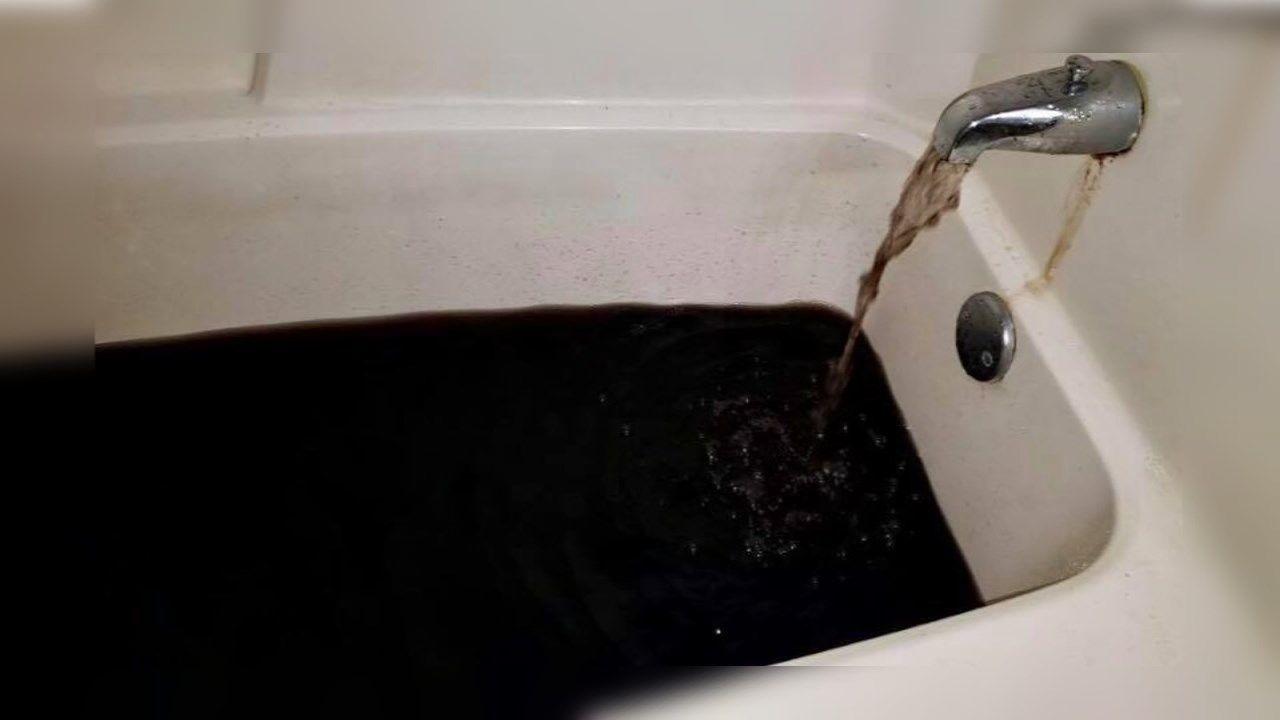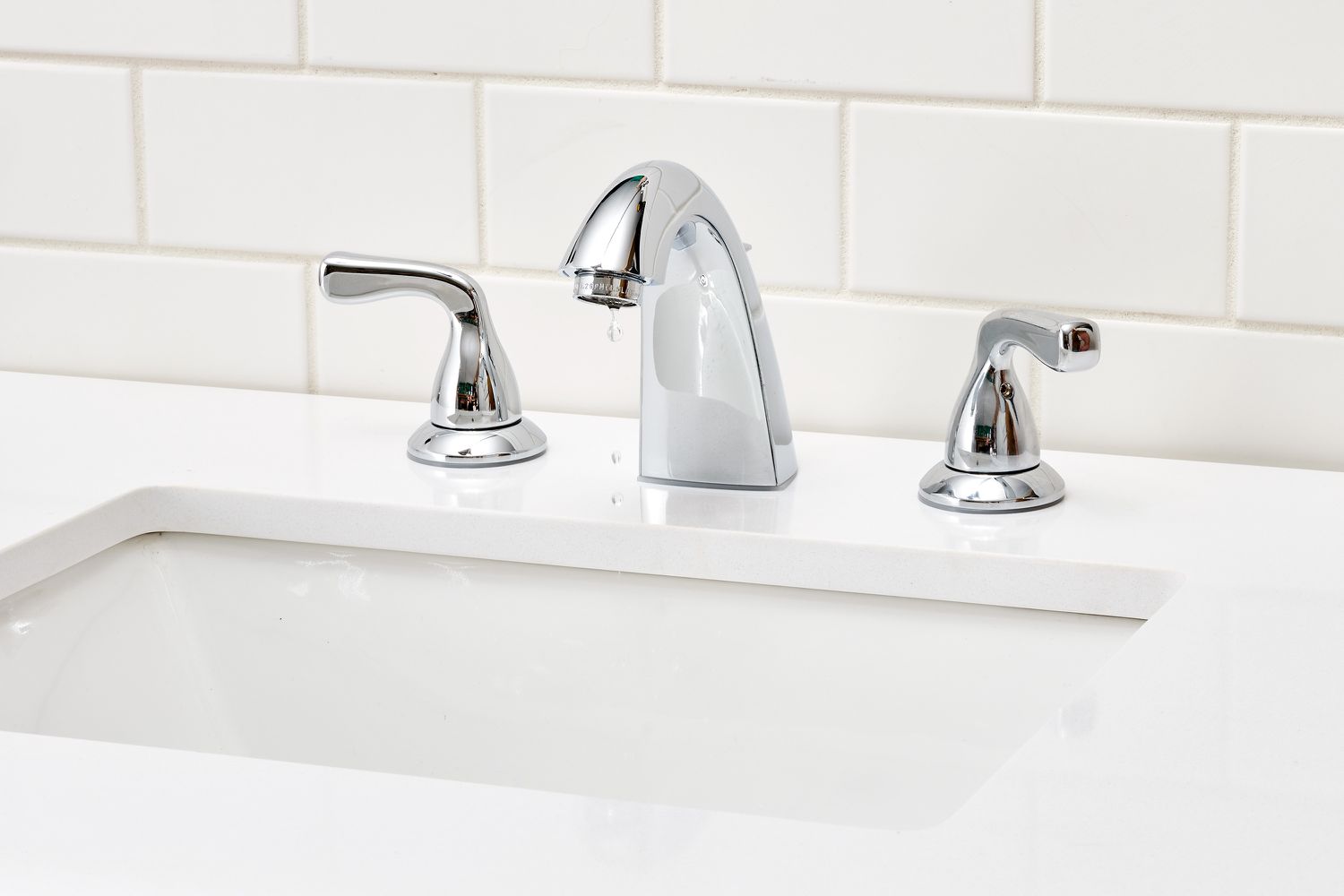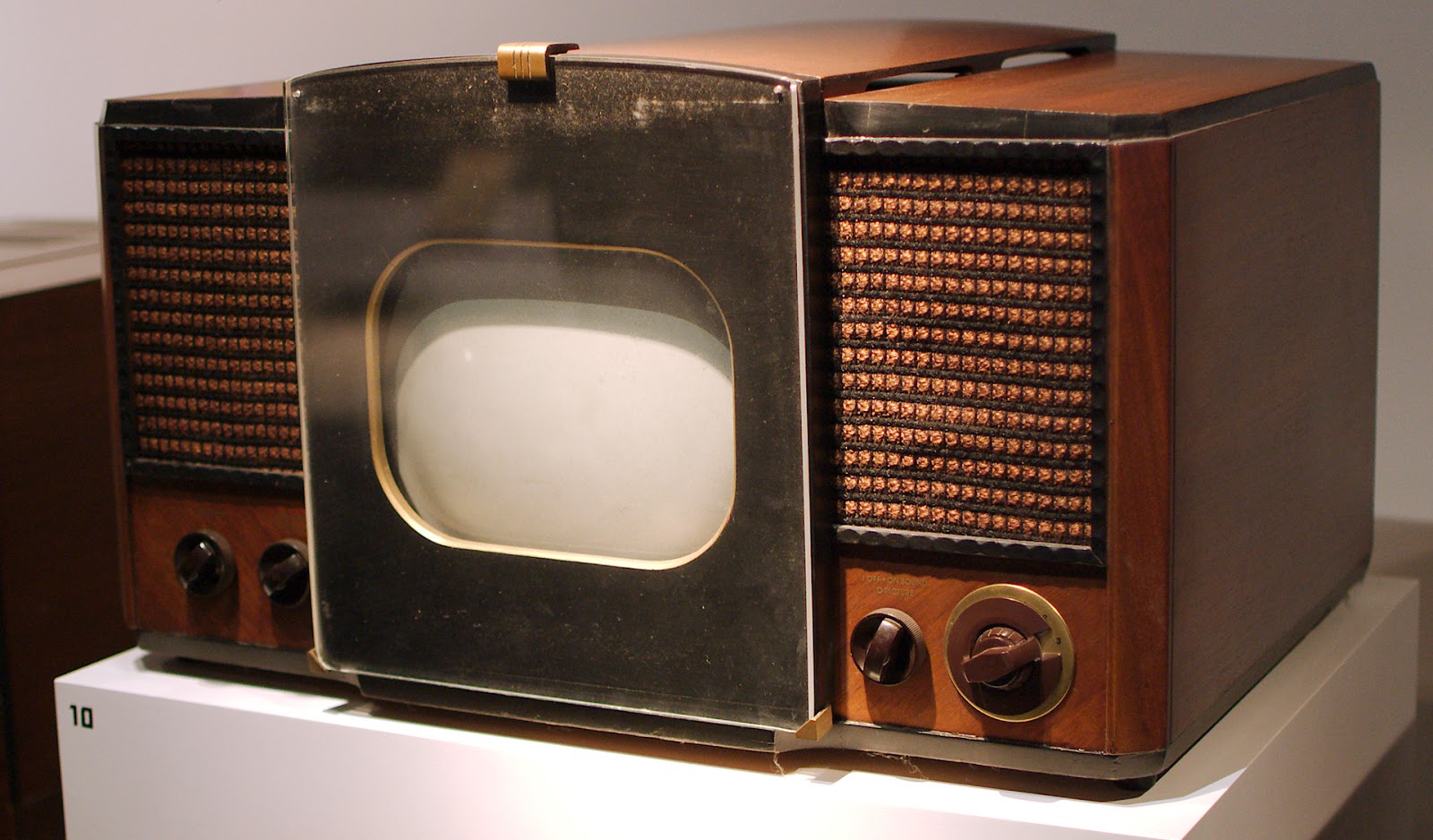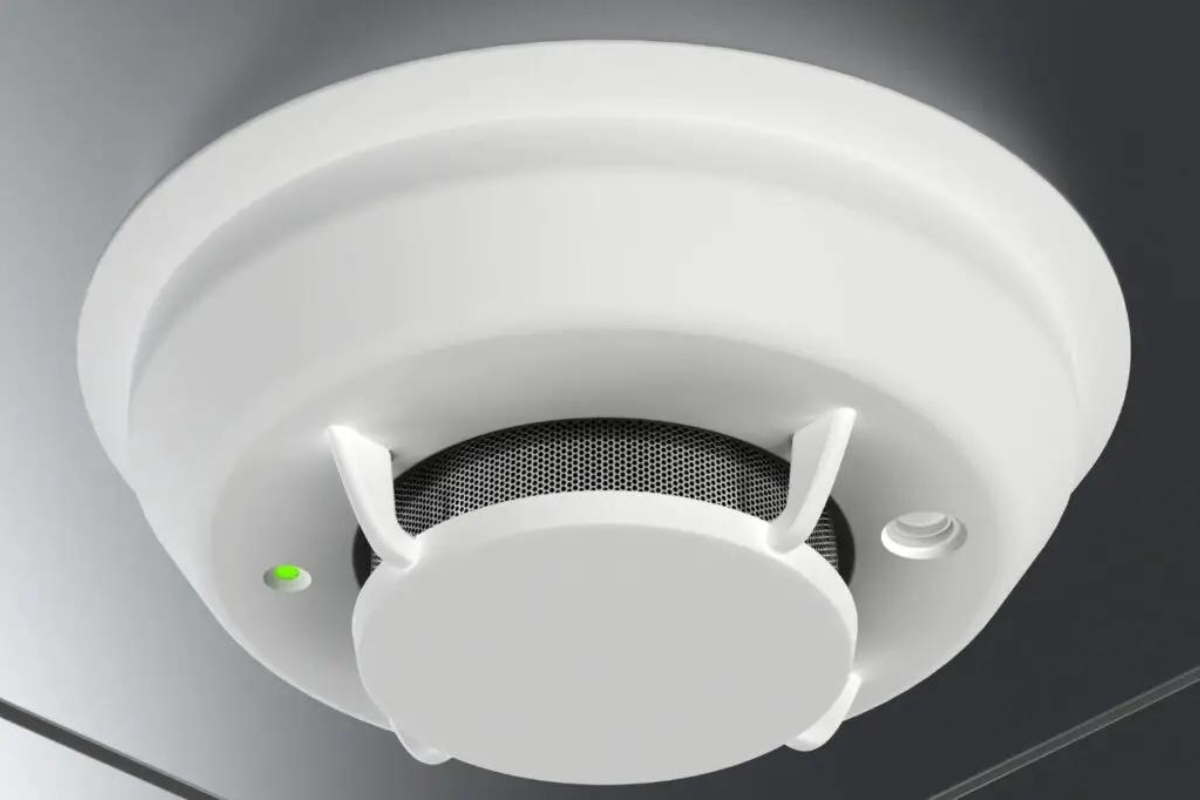Home>Articles>What Does It Mean When Black Water Comes Out Of Your Faucet


Articles
What Does It Mean When Black Water Comes Out Of Your Faucet
Modified: May 6, 2024
Discover what it means when black water comes out of your faucet in this informative article, providing insights and solutions for this unsettling issue.
(Many of the links in this article redirect to a specific reviewed product. Your purchase of these products through affiliate links helps to generate commission for Storables.com, at no extra cost. Learn more)
Introduction
Imagine turning on your faucet, expecting clear and clean water, but instead, black water comes gushing out. It’s a shocking and unsettling sight that can leave you wondering what has gone wrong. Black water flowing from your faucet is definitely not normal, and it raises a lot of questions about its causes, potential health risks, and how to address the issue.
Black water is a distressing issue that can occur for several reasons, and it is important to understand the potential causes in order to find an appropriate solution. In this article, we will explore the possible causes of black water, the health risks associated with it, and offer some preventive measures to ensure the safety of your water supply.
Before diving into the causes of black water, it is important to note that this article is for informational purposes only and should not replace professional advice. If you are experiencing black water coming from your faucet, it is strongly recommended to contact a licensed plumber or your local water utility company for assistance.
Disclaimer: The following are general causes of black water. The specific cause of black water in your home may vary, and it is best to consult with a professional for a proper diagnosis.
Key Takeaways:
- Black water from faucets can stem from harmless sediment buildup to harmful bacterial contamination. Prompt professional intervention and preventive measures are crucial to safeguard water quality and health.
- Regular maintenance, water filtration, and staying informed about water quality are essential in preventing black water issues. Taking proactive steps can minimize the risk and ensure clean, safe water for everyday use.
Causes of Black Water
Black water can have several causes, ranging from harmless to potentially harmful. Here are some common reasons why black water may be flowing from your faucet:
- Sediment Build-up: Over time, sediment such as rust, dirt, or minerals can accumulate in your plumbing system. When these particles break free, they can temporarily discolor the water, giving it a black or dark brown appearance. This is often the case if you haven’t used the faucet for an extended period of time.
- Iron and Manganese: High levels of iron and manganese in your water supply can cause black or brown staining. These elements can come from natural sources, such as the ground or well water, or from corroded pipes. If you notice black water along with a metallic smell, iron and manganese may be the culprits.
- Old or Corroded Pipes: Aging or corroded pipes can contribute to black water issues. When pipes deteriorate, they can release particles and sediments into the water supply, causing discoloration. If your plumbing system is older or made of materials prone to corrosion, such as galvanized steel pipes, it may be more susceptible to this problem.
- Chemical Reactions: Sometimes, black water can be a result of chemical reactions. For instance, if the water in your area has a high chlorine concentration and comes into contact with substances like rubber washers or other chemical compounds, it can lead to discoloration. In rare cases, algal blooms in the water source or certain water treatment processes can also cause black water.
- Water Main Break: In the event of a water main break, it is possible for silt or other debris to enter the water supply. This can cause temporary discoloration of the water, including black water, until the issue is resolved.
These are just a few of the potential causes of black water. It is important to keep in mind that the underlying cause may differ based on your unique circumstances. When facing this problem, it is best to consult with a professional plumber or your local water utility company to identify and address the specific cause in your situation.
Possible Health Risks
When black water flows from your faucet, it is natural to be concerned about the potential health risks associated with it. While some causes of black water are relatively harmless, others can pose risks to your well-being. Here are a few possible health risks to consider:
- Bacterial Contamination: If the black water is a result of organic matter or sewage entering your water supply, it can introduce harmful bacteria like E. coli or coliforms. These bacteria can cause gastrointestinal issues, including diarrhea, nausea, and stomach cramps. It is important to avoid consuming black water or using it for cooking until the problem is resolved.
- Chemical Contaminants: Black water caused by chemical reactions or contamination can potentially contain harmful chemicals or toxins. Exposure to these substances can lead to a range of health problems, depending on the specific contaminants present. It is crucial to minimize contact with black water and avoid using it for personal hygiene until the water is deemed safe.
- Physical Irritation: Sediments or particles in black water can cause physical irritation if they come into contact with your skin or eyes. This can result in itching, redness, or skin rashes. It is advisable to avoid direct contact with black water and seek medical attention if you experience any adverse reactions.
- Secondary Infections: If you have pre-existing health conditions or a weakened immune system, exposure to black water can increase the risk of secondary infections. Bacterial or fungal infections can occur if the contaminated water enters wounds or is inhaled. It is always important to take extra precautions in such situations and seek immediate medical attention if you develop any symptoms of infection.
It is worth noting that the health risks associated with black water can vary depending on the specific cause and degree of contamination. It is crucial to address the issue promptly and seek professional assistance to ensure the safety of your water supply and protect your health.
If black water comes out of your faucet, it could indicate the presence of sediment or corrosion in your pipes. It’s important to have a professional plumber inspect and address the issue to ensure the safety of your water supply.
Solutions and Prevention
If you encounter black water flowing from your faucet, it is important to take immediate action to resolve the issue and prevent any potential health risks. Here are some solutions and preventive measures you can consider:
- Contact a Professional: As soon as you notice black water, it is crucial to contact a licensed plumber or your local water utility company. They have the expertise to diagnose the problem and recommend appropriate solutions.
- Temporary Discoloration: In some cases, black water may be temporary and harmless, caused by sediment or air in the lines. To test this, you can let the water run for a few minutes and see if the black color dissipates. If it does, the issue may be resolved on its own. However, if the problem persists, it is still essential to seek professional advice.
- Water Filtration: Installing a water filtration system can help remove impurities, sediment, and contaminants from your water supply. Be sure to choose a filter that is suitable for your specific needs, based on the water quality in your area.
- Regular Maintenance: Regularly inspect and maintain your plumbing system to prevent issues like corrosion and sediment build-up. Replace old or corroded pipes, fittings, and fixtures to minimize the risk of black water problems.
- Water Testing: Conduct periodic water tests to check for any abnormalities or contaminants in your water supply. This can help identify and address potential issues before they become severe.
- Stay Informed: Keep yourself informed about any water advisories or alerts in your area. Stay connected with your local water utility company for updates on the quality of your water supply and any potential issues that may arise.
Prevention is vital in ensuring the safety and quality of your water supply. By taking proactive measures and seeking professional assistance, you can minimize the chances of encountering black water and protect your health and well-being.
Conclusion
Experiencing black water flowing from your faucet can be an alarming and concerning situation. While there are various causes for black water, ranging from harmless sediments to potentially harmful contaminants, it is crucial to address the issue promptly to ensure the safety of your water supply and protect your health.
If you encounter black water, it is recommended to contact a licensed plumber or your local water utility company to diagnose the problem and recommend appropriate solutions. Temporary discoloration may occur due to sediment or air in the lines, but persistent black water requires professional attention.
Possible health risks associated with black water include bacterial contamination, chemical contaminants, physical irritation, and increased vulnerability to secondary infections. Minimizing contact with black water, avoiding consumption or use for personal hygiene, and seeking medical attention if necessary are essential precautions to take.
To prevent black water issues, regular maintenance of your plumbing system, water filtration to remove impurities, and periodic water testing are recommended. Staying informed about water advisories and alerts in your area will help you stay proactive in ensuring the quality and safety of your water supply.
Remember, this article provides general information, and it is crucial to consult with professionals to address specific black water issues in your home. By taking prompt action and implementing preventive measures, you can safeguard your water supply and enjoy clean, clear water from your faucet.
Curious about keeping your home in top shape? After tackling black water issues, you'll find that regular upkeep is just as vital for a hassle-free living environment. Dive into our guide on routine home maintenance. This next read offers practical tips and tricks that ensure everything from your basement to your roof stays in pristine condition. Don't let minor problems turn into major headaches—stay proactive and learn how to keep your home at its best!
Frequently Asked Questions about What Does It Mean When Black Water Comes Out Of Your Faucet
Was this page helpful?
At Storables.com, we guarantee accurate and reliable information. Our content, validated by Expert Board Contributors, is crafted following stringent Editorial Policies. We're committed to providing you with well-researched, expert-backed insights for all your informational needs.
















0 thoughts on “What Does It Mean When Black Water Comes Out Of Your Faucet”